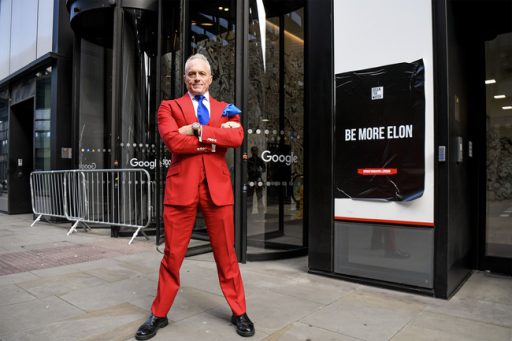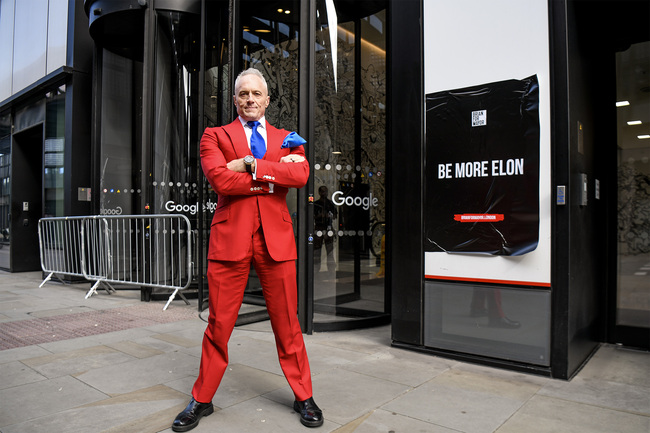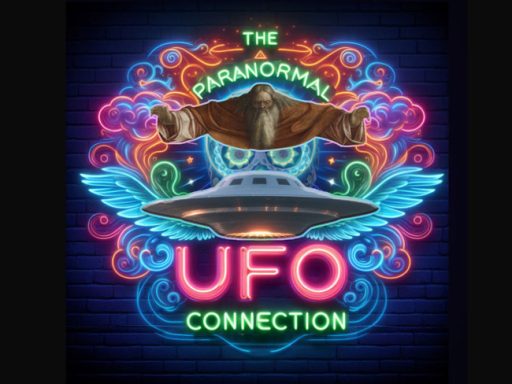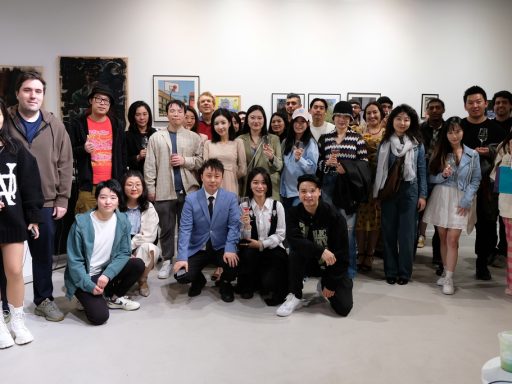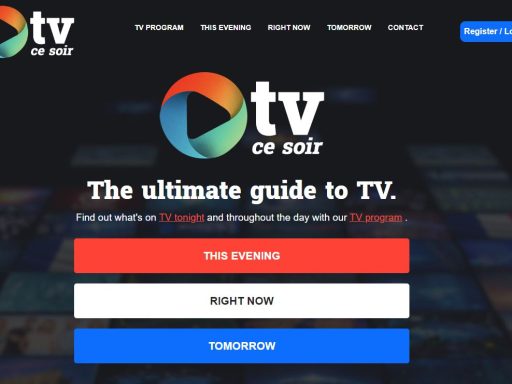Brian Rose, the presenter of London Real, has caused a stir on X (previously Twitter) with his free speech advocacy, becoming the top trending topic in the UK on 26 March. His campaign, hashtagged #BeMoreElon, gained more traction than the England and Wales football matches, the newly appointed Conservative Party deputy chairman Jonathan Gullis MP, and even P Diddy.
Rose’s campaign featured visuals and video blogs from outside YouTube’s headquarters, where he displayed a poster challenging the platform to “Be More Elon”. This move has garnered global attention on social media, spotlighting the fact that Rose’s acclaimed YouTube channel, London Real, which boasted over 2.4 million subscribers and 1 billion views, was removed without any provided rationale or opportunity for appeal.
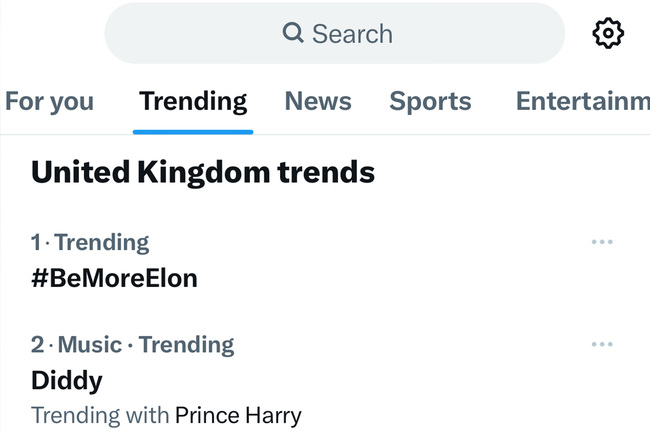
Merging traditional campaigning with digital innovations, Rose has captured the electorate’s imagination, sparking debates on the significance of unbridled speech in the digital domain.
His compelling oratory and provocative material have struck a chord across a broad spectrum, from Londoners concerned about suppression to advocates for digital liberties worldwide.
At the core of Rose’s endeavour is a pledge to uphold the essential liberty of free speech, especially crucial in times when online exchanges increasingly influence public sentiment and political discussions. With the practices of content moderation and censorship by social media platforms under the microscope, Rose’s advocacy resonates with those determined to defend their right to unencumbered expression online.
Brian Rose stated regarding his initiative, “In a city as cosmopolitan and dynamic as London, it’s imperative that we protect the fundamental right to free expression for all citizens, both online and offline. I believe that social media companies have a responsibility to provide content creators with a platform that is free from editorial and political censorship… and that includes Google… It’s time to Be More Elon!”
The widespread impact of Rose’s campaign highlights the pivotal role of digital platforms in contemporary political dialogue and the urgent relevance of debates around free speech and censorship.

